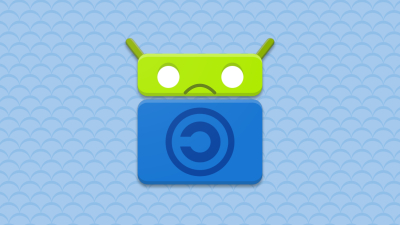Credit: Joe Fedewa / How-To Geek
Sign in to your How-To Geek account
Summary
Google’s developer-ID decree forces gov IDs, fees, and approval for every Android app by Sept 2026.
Though Google says sideloading remains, the rule gives Google control — sideloading is effectively dead.
Security rationale is weak; Play Store has malware, and F‑Droid warns this threatens app freedom.
One of the biggest benefits Android has always offered is the freedom to own your device truly. Now, with a new developer decree, that freedom is in jeopardy—but Google claims that isn’t the case. Not everyone agrees.
In case you haven’t heard, Google’s “developer registration decree”—which begins rolling out in phases in September 2026—will require every single Android app to be tied to a registered developer identity. It must be verified through government IDs and other personal details. The most concerning part is that the rule doesn’t apply only to the Play Store.
People are worried about this, and Google has been trying to sound reassuring, posting on developer blogs and doing roundtable videos. They say sideloading is “fundamental to Android and it is not going away.” F-Droid, a very popular open-source app store, has been pushing back hard, and now it argues that Google is lying. The new developer verification decree, which forces app developers to register, pay a fee, provide government ID, and await Google’s stamp of approval, effectively ends your ability to choose what software runs on the devices you own.
One of their points is that the “sideloading” term in itself is made up. You don’t call it “sideloading” when you install software on your PC from outside the pre-installed app store. It’s only on mobile devices that companies like Google and Apple have pushed this idea that installing apps outside of their own app stores is some sort of secret, unauthorized activity that only techy people know about.
Regardless, under the new policy, the vendor—Google—will absolutely be approving the source. An app creator will no longer be able to develop an app and share it directly with their community without first seeking Google’s explicit approval. If the vendor is in charge of who can distribute software, then sideloading is gone.
Since the beginning, Google has made this about security. It justifies this by claiming, “Our recent analysis found over 50 times more malware from internet-sideloaded sources than on apps available through Google Play.” That certainly sounds scary, but anyone who follows Android news knows there have been many cases of malware coming directly from the Play Store itself.
F-Droid makes it clear that this developer verification program is an existential threat to free software distribution platforms like itself and other competitors to the Play Store. You can learn more about the situation and find resources for actions you can take at keepandroidopen.org. This is a big deal for the future of Android.
Source: F-Droid


Leave a Reply